
Development in India has been the subject of myriad reforms in the past few decades, and one of the very few successful endeavors is the policy of Special Economic Zones (SEZs), begun with the objective of promoting export-led growth. Compared to other regions of the nation, special economic zones are those that have the most liberal and growth-oriented regulations. The aim is to make use of such regions for luring foreign capital, boosting exports, and creating employment opportunities by providing an ease of doing business for investors in trouble-free regulatory regimes. This article explains India's SEZ act, Special Economic Zone policy, incentives and benefits provided, compliance conditions, and disadvantages of carrying out business in such areas.
What Are Special Economic Zones?
Special Economic Zones are specifically demarcated duty-free areas treated as foreign territory for trade activities, duty, and custom clearance. They are governed by a certain law and not the local legislation. Importation of goods and services to an SEZ is free from customs duty, and the companies operating from there have a plethora of fiscal and regulatory benefits.
Evolution of SEZ Policy in India
Indian SEZ Policy was originally released in the year 2000 as a part of the comprehensive strategy for enhancing the flow of foreign investment and competitive export climate. In order to accord statutory significance to the policy, Special Economic Zones Act, 2005, was enacted on 10th February, 2006, and the SEZ Rules, 2006.
This Act combined various approvals and incentives existing under various schemes and facilitated single-window clearance system. It also introduced a definition of establishment, operation, and regulatory procedures of SEZs in India.
Objectives of the SEZ Policy
- Encouragement of export of goods and services.
- Foreign and domestic investments for production units and infrastructure.
- Creation of employment opportunities.
- Creation of world-class infrastructure for industrial development.
- Streamlining development, operating, and maintenance procedures of SEZs.
Key Features of Indian SEZs
1. Types of SEZs:
- Multi-product SEZs
- Sector-specific SEZs (such as IT/ITES, pharmaceuticals, textiles)
- Free Trade and Warehousing Zones (FTWZ)
- Port-based SEZs
2. Administrative Hierarchy
Board of Approval (BoA) under the Ministry of Commerce is the top organization that approves proposals for SEZs.Every SEZ has a Development Commissioner (DC) as the nodal officer.
3. Customs and Duty Benefits
- Waiver of customs duty on import of goods and services into the SEZ.
- Remission of excise duties.
- Domestic products made domestically within Domestic Tariff Area (DTA) and re-exported to SEZ are treated as exports and are provided additional incentives for export.
Fiscal Incentives to SEZ Units
Special Economic Zones of India offer various fiscal incentives to developers and units within the zones. Some of them are significant and significant incentives as below:
For SEZ Units:
1. Exemption from Income Tax under Section 10AA of Income Tax Act:
- 100% exemption on export earnings for first 5 years,
- 50% exemption for next 5 years,
- 50% re-investment of export earnings for next 5 years.
- Exemption from Minimum Alternate Tax (MAT) (withdrawn w.e.f. FY 2020-21).
2. Exemption from Goods and Services Tax (GST) on DTA supplies, subject to compliance with specified procedures.
3. Single window clearance for approvals.
For SEZ Developers:
- Exemption of customs/excise/GST duty on the purchase of goods and services.
- Income-tax exemption for 10 years in a block of 15 years (deferred w.r.f. new SEZs from FY 2020-21).
- Exemption of Capital Gains Tax subject to certain conditions.
Regulatory and Compliance Requirements
SEZ operation implies compliance with a regulatory set of conditions such as:
- Filing of Annual Performance Reports (APR) with the Development Commissioner.
- Protection of Net Foreign Exchange (NFE) — SEZ units must maintain positive NFE over a period of five years.
- Maintaining proper records, such as import/export registers, stock registers, and bank realization certificates.
- Subordinating themselves to the labor and environmental regulations, but with some procedural ease.
- Periodic check and surveillance by SEZ authorities.
Current Trends and Reforms
SEZ regime has seen some policy-level reforms in the recent past:
- Sunset clause for tax benefits: Tax holiday under Section 10AA is available only for units that had already commenced operations prior to June 30, 2020.
- Replacement of SEZ Act with DESH (Development of Enterprise and Services Hub) Bill: In order to address the new business environment and WTO demands, the government substituted SEZ Act with a bill. This is to extend the vision beyond exports and enhance domestic investment and services.
- Ease of Doing Business and e-compliance
- Encouragement of green and ecologically clean growth in SEZs.
Criticisms and Challenges
Indian Special Economic Zones (SEZs) have been dogged by some long-standing issues in the past such as land underuse and inadequate infrastructure in most of the SEZs, thereby limiting their operational capacity. The withdrawal of main tax incentives has also significantly impacted investor attitude, making SEZs less attractive than they were expected to be in the first instance. Despite the guarantee of single-window clearances, procedural hurdles and multiplicity of compliances continue to plague the system. Above this, the external export demand environment remains unpredictable, exposing SEZ developers and units to additional uncertainty. Compounding these are land purchase slips, unnecessary delays in obtaining necessary clearances, and state-level coordination challenges, all of which are against the effective creation and development of SEZs in India.
How SKMC Can Help?
We provide end-to-end advisory and compliance services to SEZ units and developers located in SKMC. These include:
- SEZ registration and approval facilitation.
- Advisory on structuring operations for optimal tax benefits.
- GST, customs, and income tax compliances support.
- Representation before SEZ regulatory and administrative bodies.
- Advisory on transition under the new DESH regime.
Whether you wish to establish a new SEZ unit or you are confronted with regulatory issues, SKMC is your partner of choice to realize India's SEZ scheme to its fullest potential.
Conclusion:
India's Special Economic Zones have been a prime mover towards enhancing exports, foreign direct investment, and employment. In the wake of uncertainty regarding trends in international trade flows and the problem of cohesiveness with the WTO, there was a need for re-examination and re-engineering of the SEZ policy so that it stayed inclusive, responsive, harmonized with international best practices and also addressed home country needs.
The aim of the intended DESH bill is to usher dawn to a new age with the SEZs capable of turning into gigantic business hubs serving the domestic market as well as the global market. Revolution in policy must be followed by ground work, infrastructure construction, and regulatory genius towards attempting to realize their potential to the maximum.
Recent Posts
-
 Customs Detention of Goods: How It Works, Demurrag...
Dec 16,2025
Customs Detention of Goods: How It Works, Demurrag...
Dec 16,2025
-
 Procedure to Apply for Free Sale Certificate...
Dec 05,2025
Procedure to Apply for Free Sale Certificate...
Dec 05,2025
-
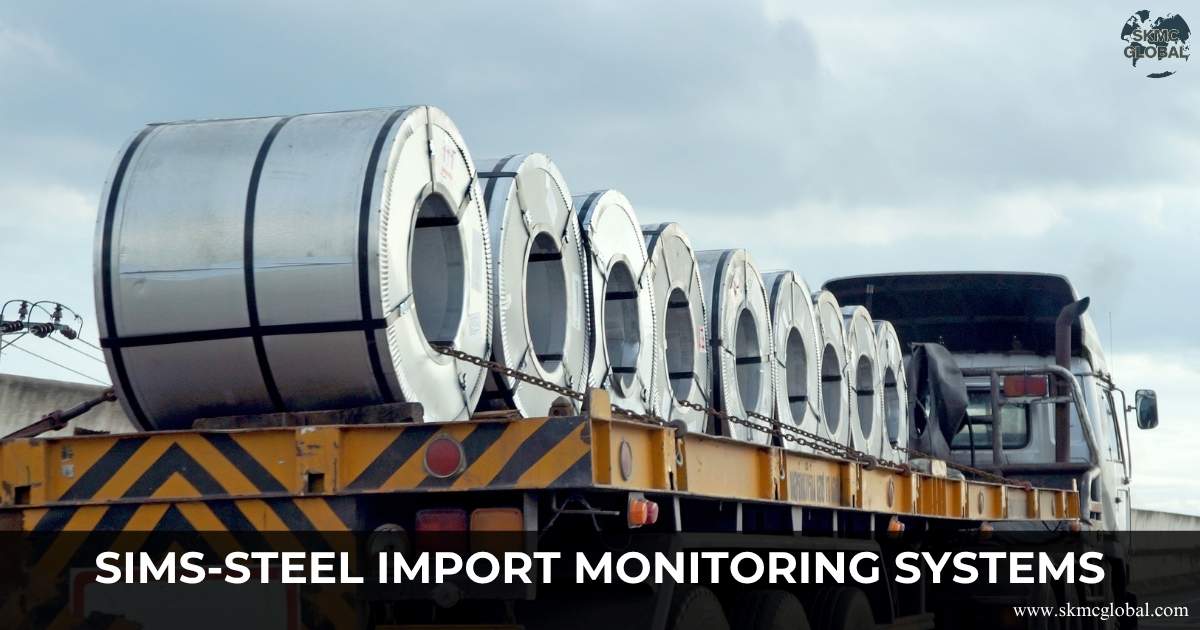 What is SIMS and When It Is Required?...
Nov 10,2025
What is SIMS and When It Is Required?...
Nov 10,2025
-
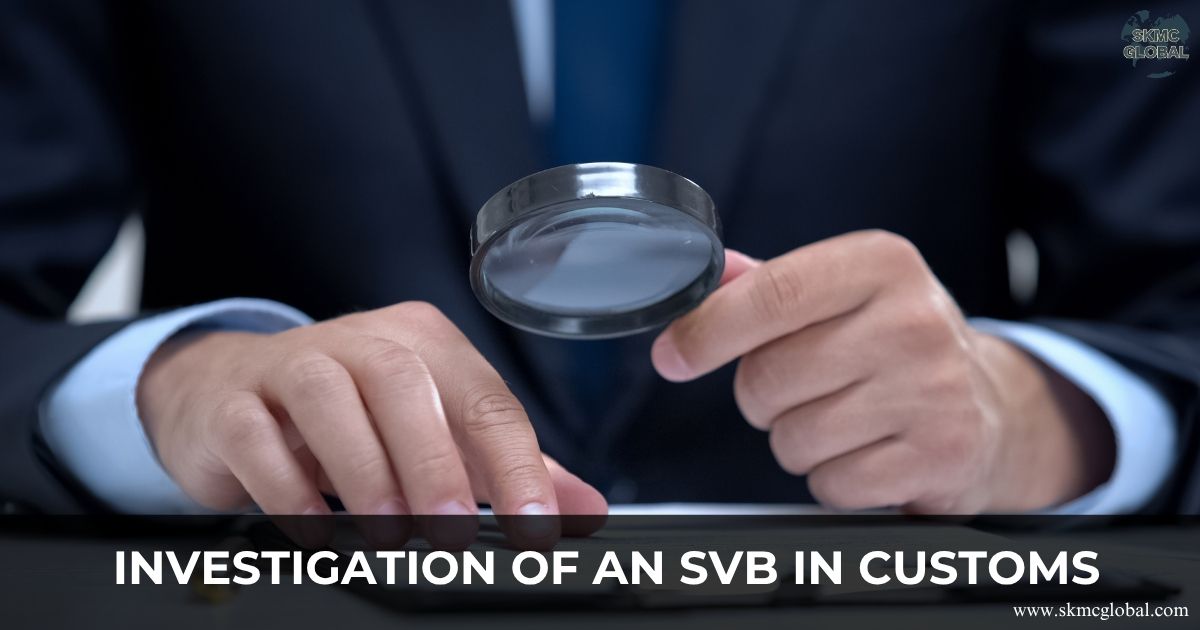 What if your SVB investigation does not satisfy cu...
Nov 04,2025
What if your SVB investigation does not satisfy cu...
Nov 04,2025
-
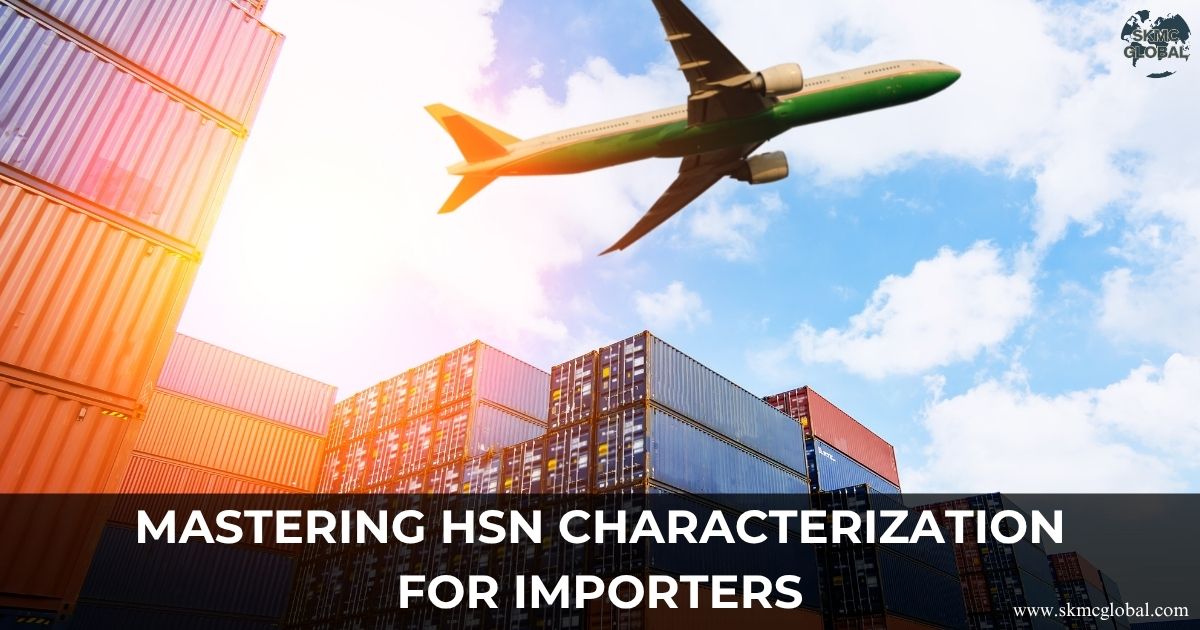 Mastering HSN Characterization for Importers...
Oct 29,2025
Mastering HSN Characterization for Importers...
Oct 29,2025
-
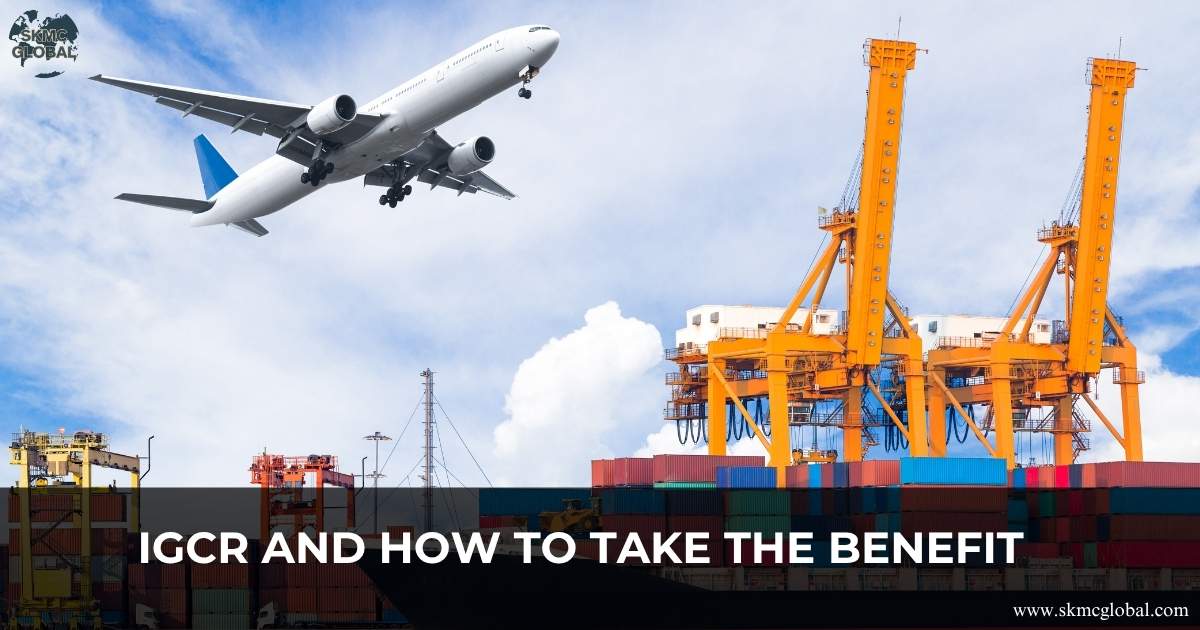 What is IGCR and How to Take the Benefit?...
Oct 18,2025
What is IGCR and How to Take the Benefit?...
Oct 18,2025
-
 What is CAROTAR and Its Impact on Industry?...
Oct 15,2025
What is CAROTAR and Its Impact on Industry?...
Oct 15,2025
-
 India’s Free Trade Agreement with Europe ...
Oct 14,2025
India’s Free Trade Agreement with Europe ...
Oct 14,2025
-
 Comprehensive Economic Partnership Agreement of In...
Oct 13,2025
Comprehensive Economic Partnership Agreement of In...
Oct 13,2025
-
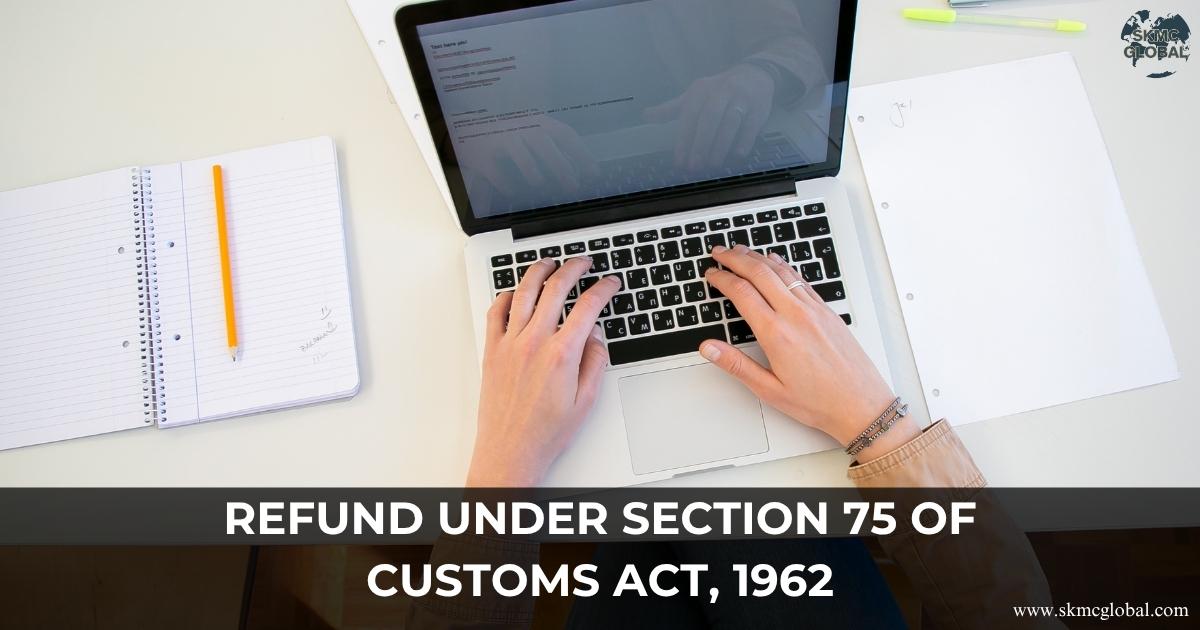 Refund under Section 75 of Customs Act, 1962...
Oct 11,2025
Refund under Section 75 of Customs Act, 1962...
Oct 11,2025
-
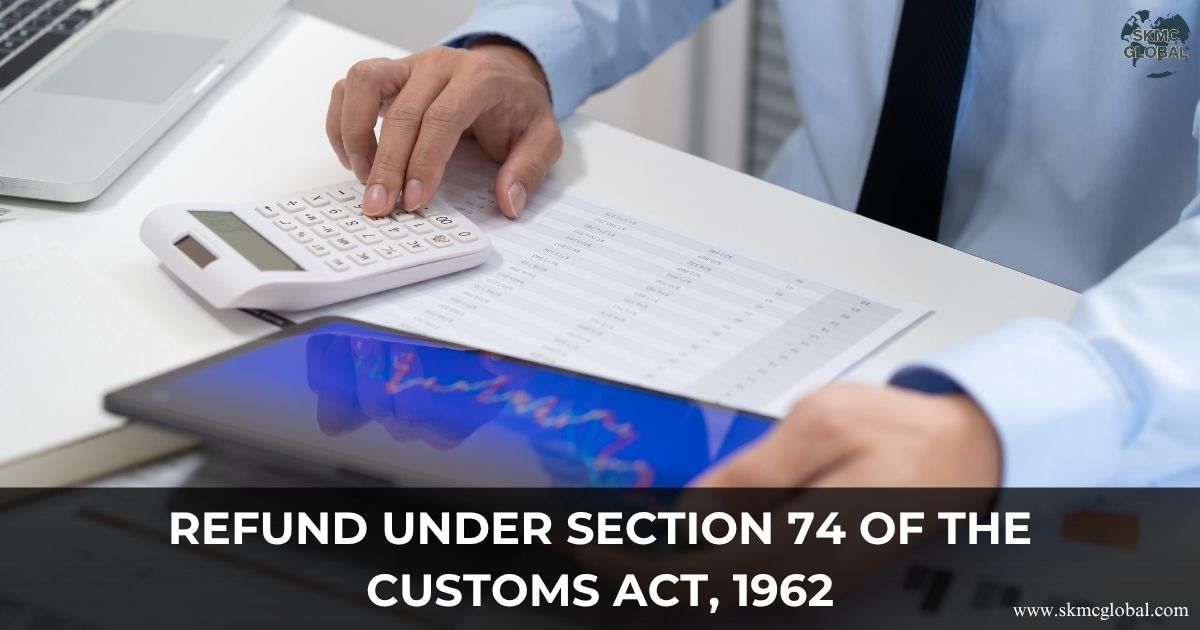 Refund under Section 74 of the Customs Act, 1962...
Oct 10,2025
Refund under Section 74 of the Customs Act, 1962...
Oct 10,2025
-
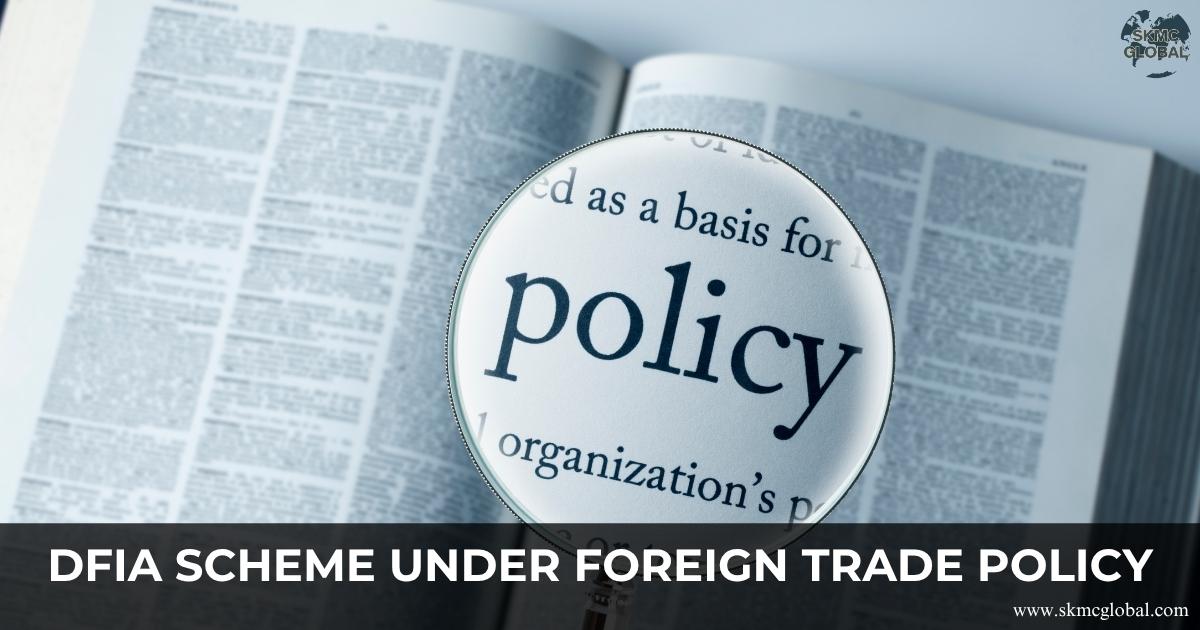 All About DFIA Scheme under Foreign Trade Policy...
Oct 07,2025
All About DFIA Scheme under Foreign Trade Policy...
Oct 07,2025
-
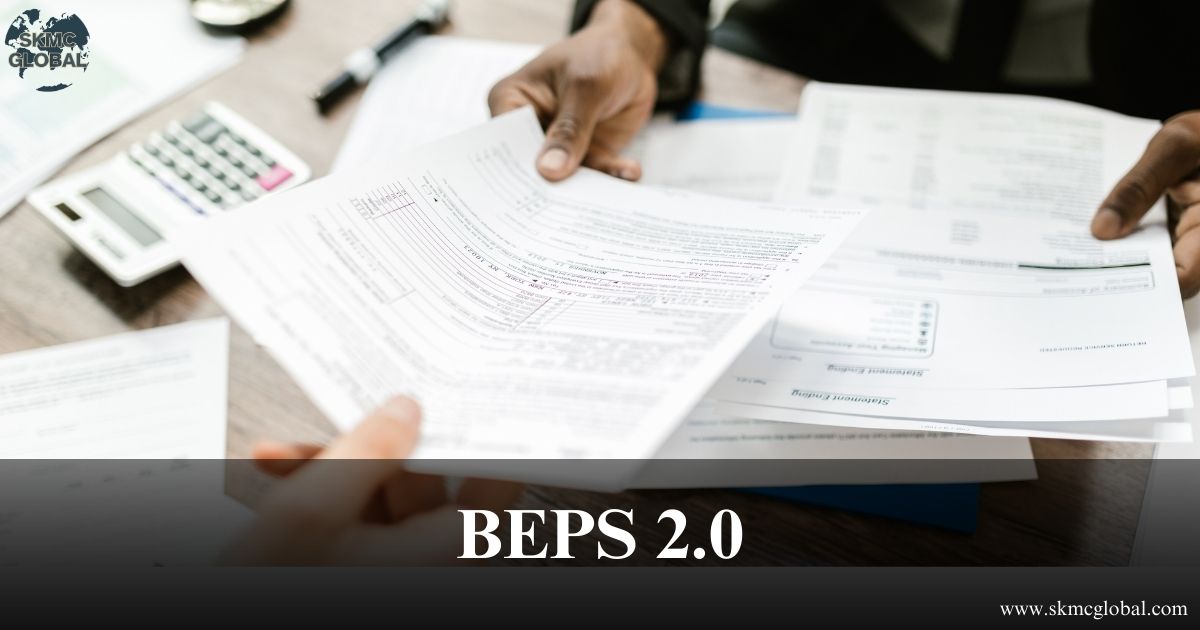 Navigating BEPS 2.0: Pillar One & Pillar Two in Tr...
Aug 16,2025
Navigating BEPS 2.0: Pillar One & Pillar Two in Tr...
Aug 16,2025
-
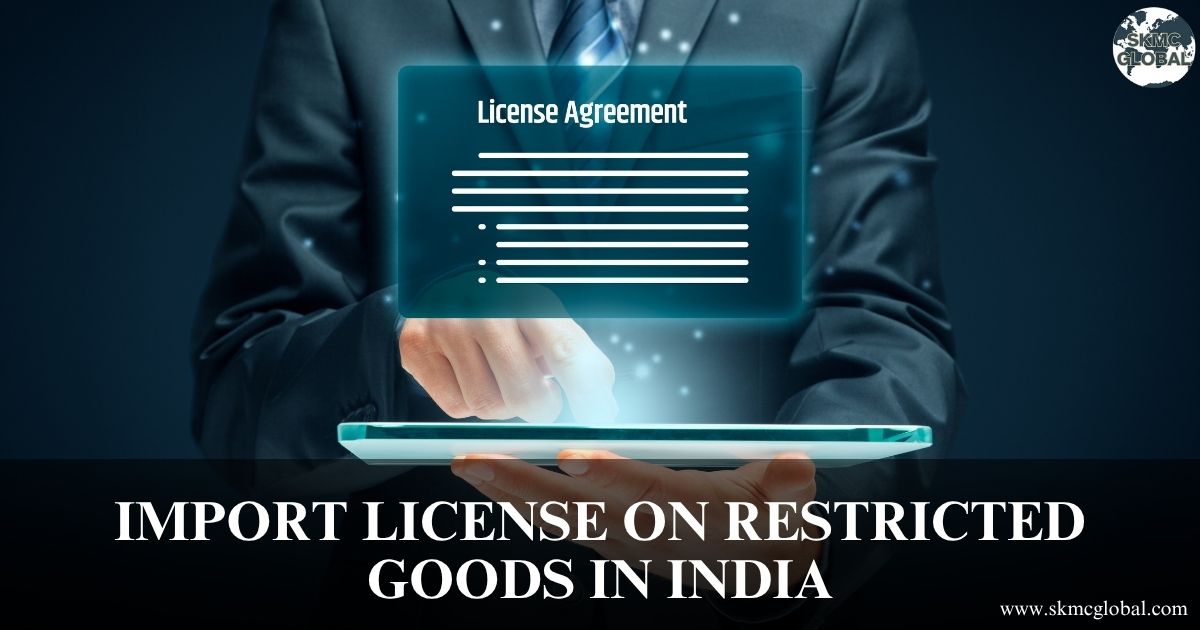 Import license on restricted goods in india...
Aug 07,2025
Import license on restricted goods in india...
Aug 07,2025
-
 Procedure to take ICEGATE Registration...
Aug 06,2025
Procedure to take ICEGATE Registration...
Aug 06,2025
-
 Procedure to setup an ESOP Trust...
Aug 01,2025
Procedure to setup an ESOP Trust...
Aug 01,2025
-
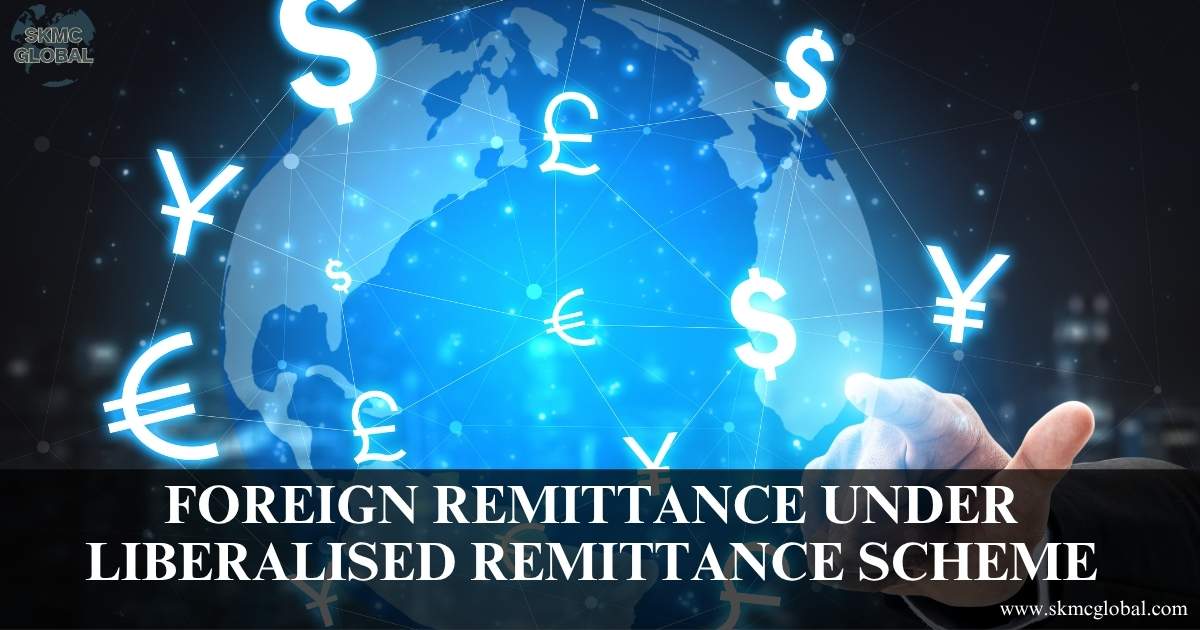 Foreign Remittance under liberalised remittance Sc...
Jul 30,2025
Foreign Remittance under liberalised remittance Sc...
Jul 30,2025
-
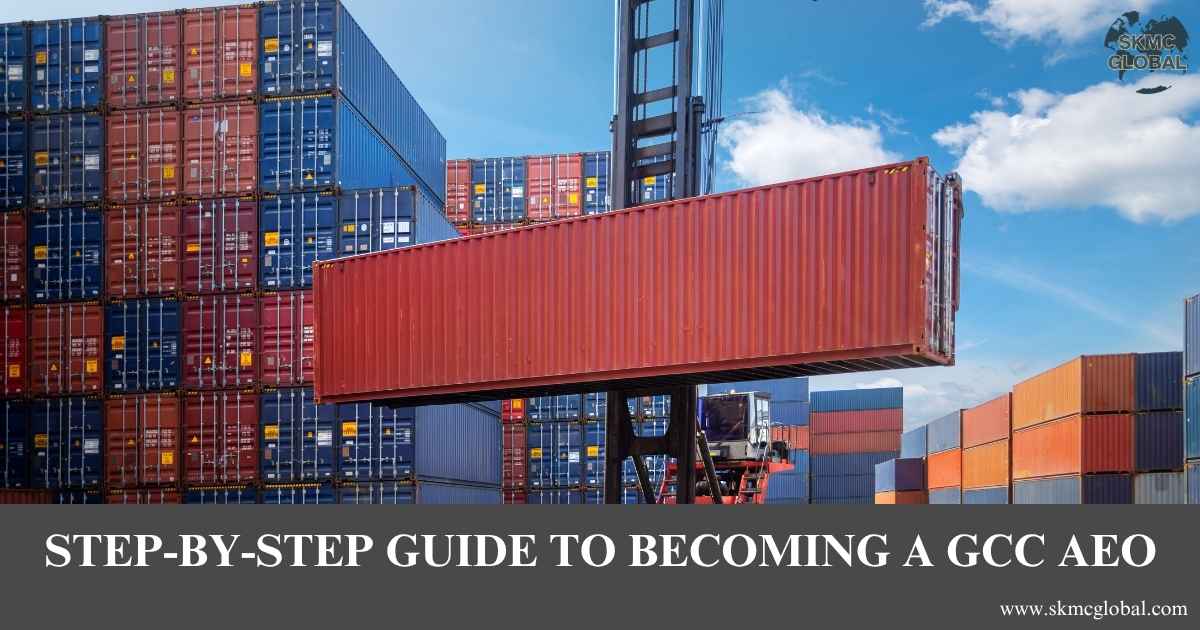 A Step-by-Step Guide to Becoming a GCC AEO...
Jul 18,2025
A Step-by-Step Guide to Becoming a GCC AEO...
Jul 18,2025
-
 Role of Mutual Recognition Agreements under AEO an...
Jul 14,2025
Role of Mutual Recognition Agreements under AEO an...
Jul 14,2025
-
 What is Anti Dumping Duty investigation and its pr...
Jul 09,2025
What is Anti Dumping Duty investigation and its pr...
Jul 09,2025
-
 Annual return requirement under RoDTEP scheme of D...
Jul 09,2025
Annual return requirement under RoDTEP scheme of D...
Jul 09,2025
-
 EPCG Registration: A Step by step Guide for Indian...
Jul 08,2025
EPCG Registration: A Step by step Guide for Indian...
Jul 08,2025
-
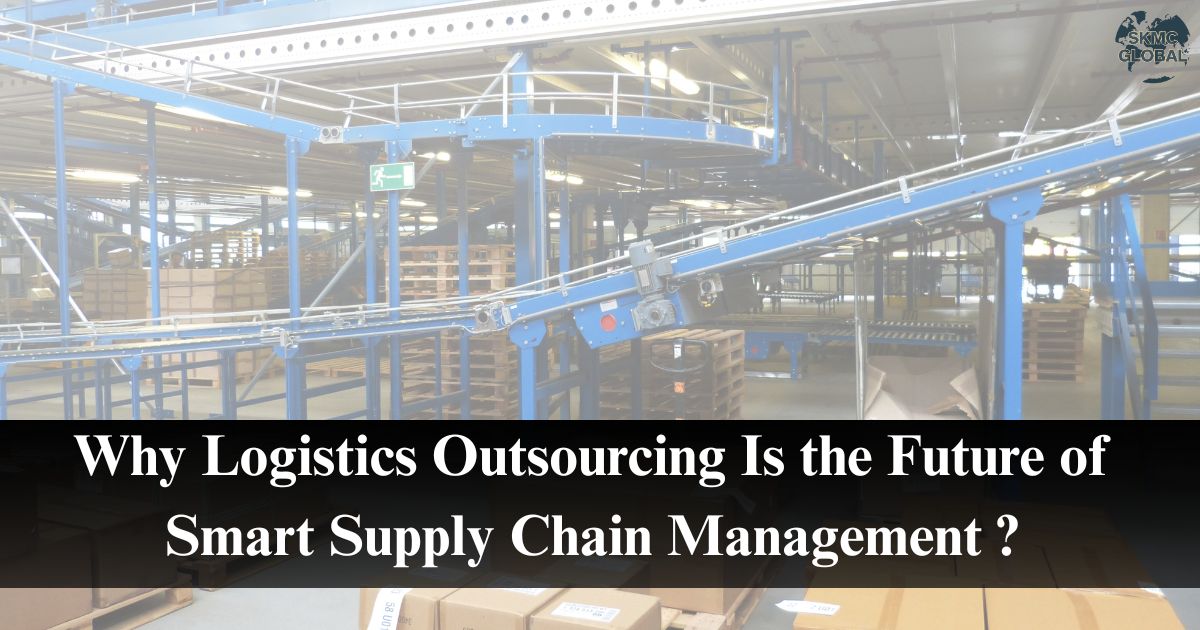 Why Logistics Outsourcing Is the Future of Smart S...
Jun 02,2025
Why Logistics Outsourcing Is the Future of Smart S...
Jun 02,2025
-
 India's Foreign Trade Agreement and Investment Tre...
May 31,2025
India's Foreign Trade Agreement and Investment Tre...
May 31,2025
-
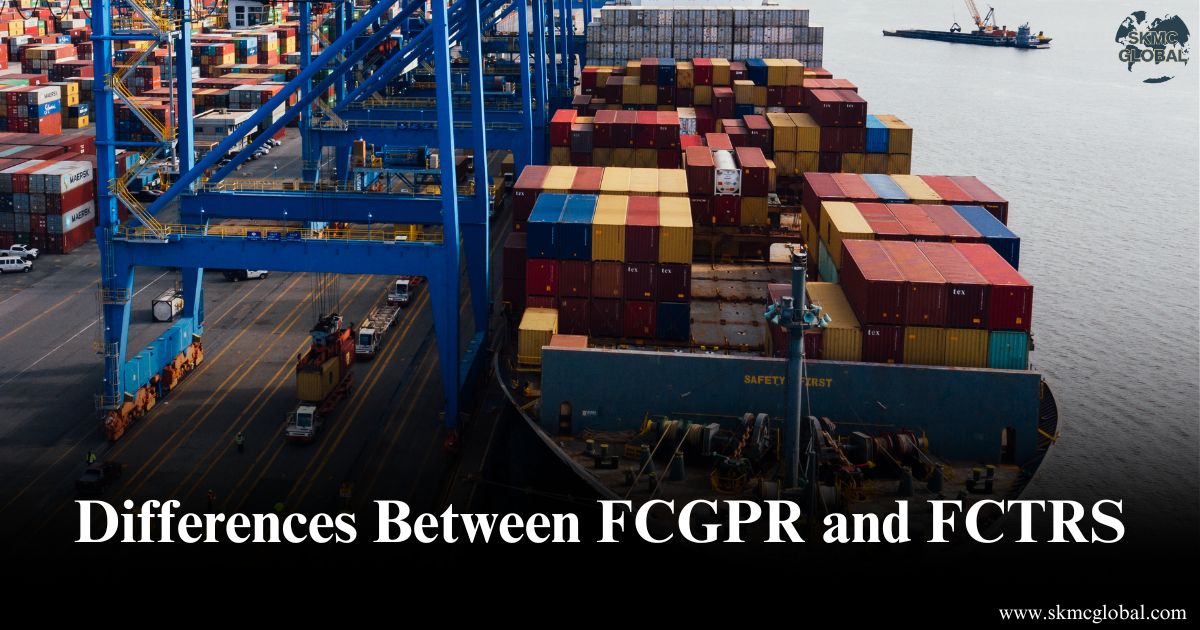 Differences Between FCGPR and FCTRS:A Comprehensiv...
May 28,2025
Differences Between FCGPR and FCTRS:A Comprehensiv...
May 28,2025
-
 Understanding FDI Norms- A Guide for Foreign Inves...
May 29,2025
Understanding FDI Norms- A Guide for Foreign Inves...
May 29,2025
-
 What you need to know about india's special econom...
May 27,2025
What you need to know about india's special econom...
May 27,2025
-
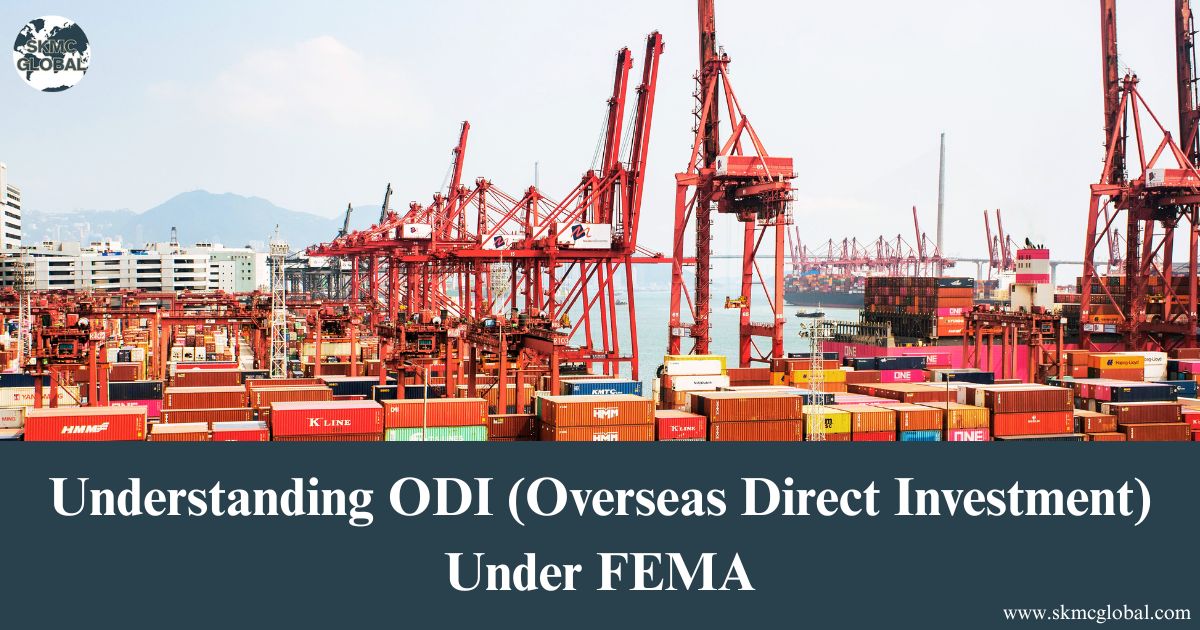 Understanding ODI (Overseas Direct Investment) Und...
May 26,2025
Understanding ODI (Overseas Direct Investment) Und...
May 26,2025
-
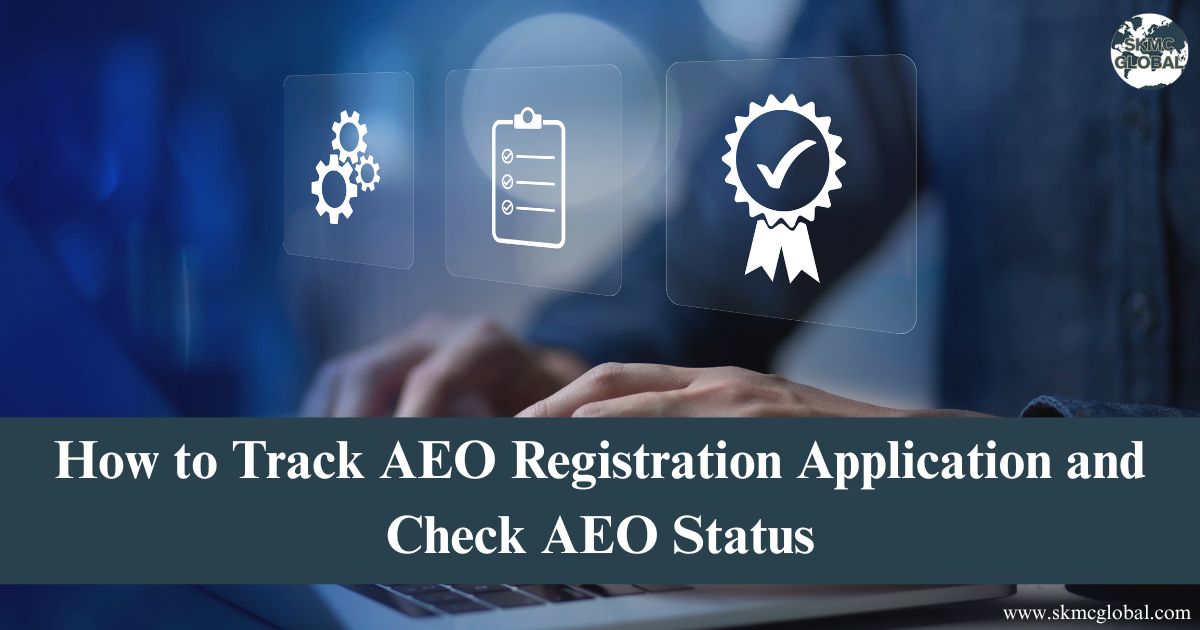 How to Track AEO Registration Application and Chec...
May 22,2025
How to Track AEO Registration Application and Chec...
May 22,2025
-
 Benefits or compliance under Indian Foreign Trade ...
May 20,2025
Benefits or compliance under Indian Foreign Trade ...
May 20,2025
-
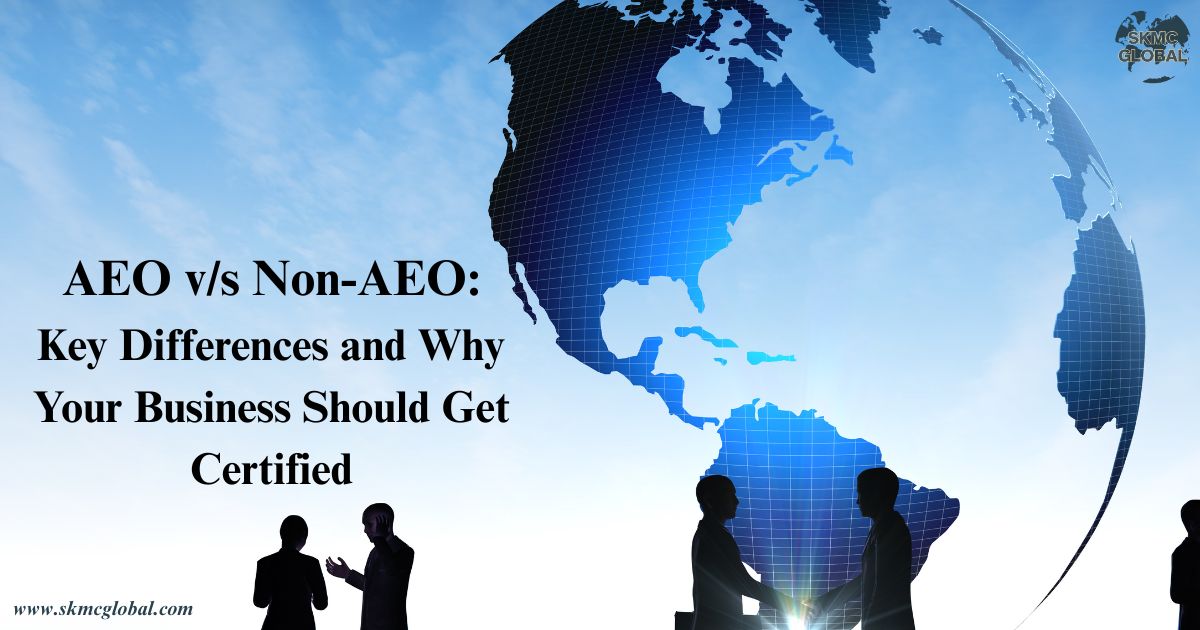 AEO v/s Non-AEO: Key Differences and Why Your Busi...
May 19,2025
AEO v/s Non-AEO: Key Differences and Why Your Busi...
May 19,2025
-
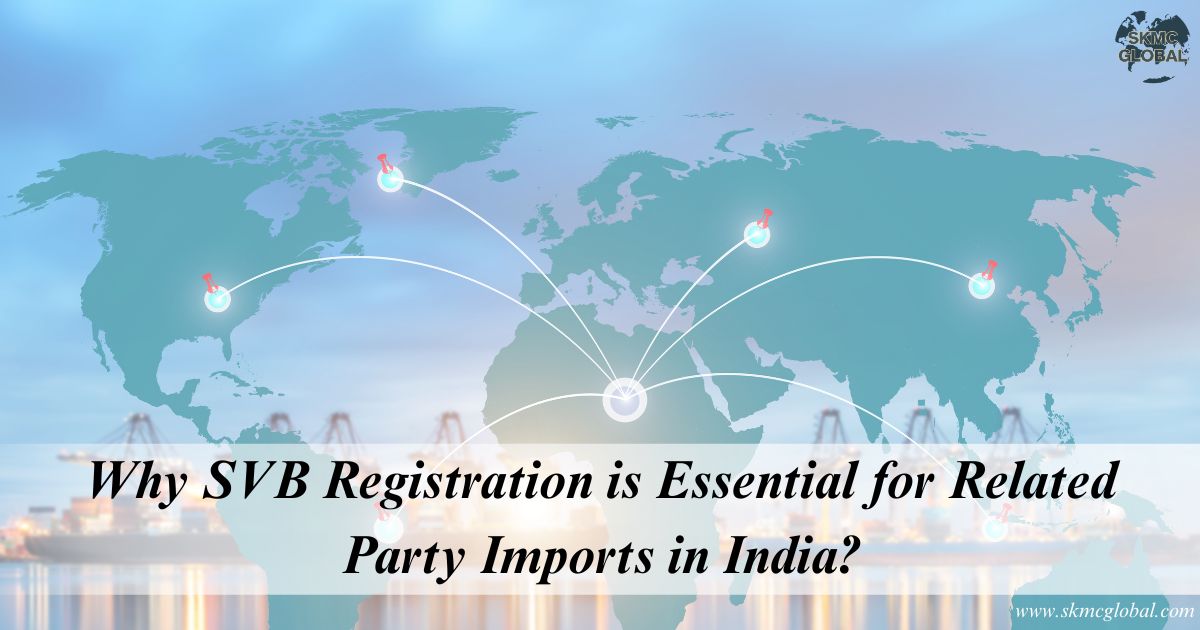 Why SVB Registration is Essential for Related Part...
May 19,2025
Why SVB Registration is Essential for Related Part...
May 19,2025
-
 How Mutual Recognition Agreements Augment AEO Cert...
May 15,2025
How Mutual Recognition Agreements Augment AEO Cert...
May 15,2025
-
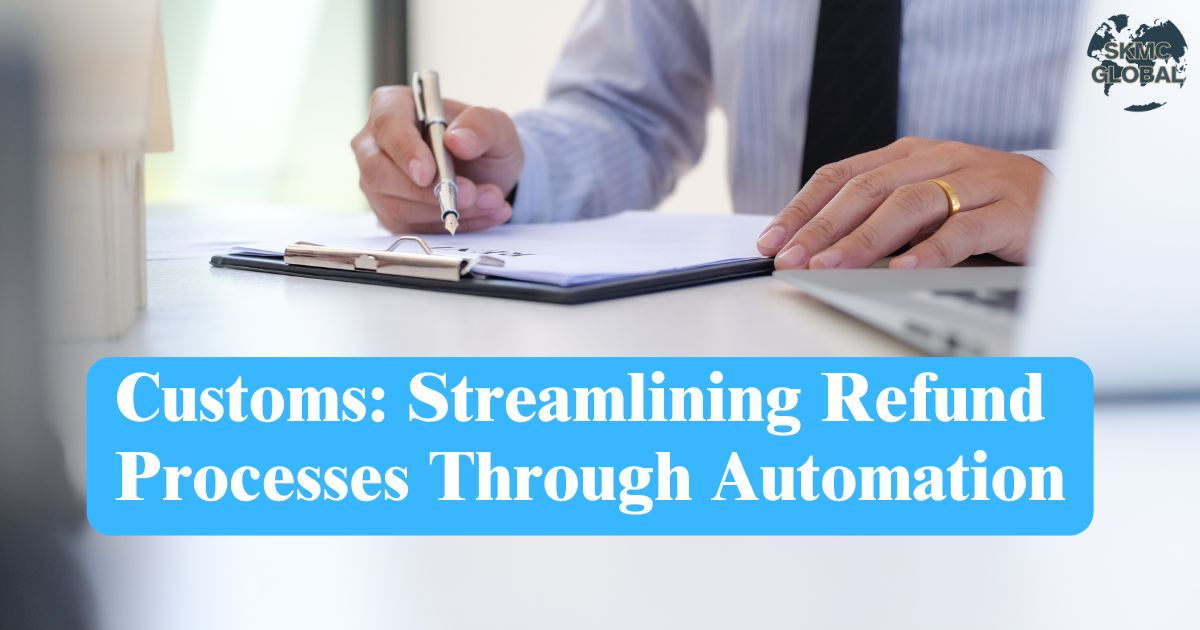 Customs Streamlining Refund Processes Through Auto...
Mar 17,2025
Customs Streamlining Refund Processes Through Auto...
Mar 17,2025
-
 Ekal Anubandh-Single Unified Multi-Purpose Electro...
Mar 06,2025
Ekal Anubandh-Single Unified Multi-Purpose Electro...
Mar 06,2025
-
 Revised guidelines on SVB assessment and its speed...
Aug 26,2021
Revised guidelines on SVB assessment and its speed...
Aug 26,2021
-
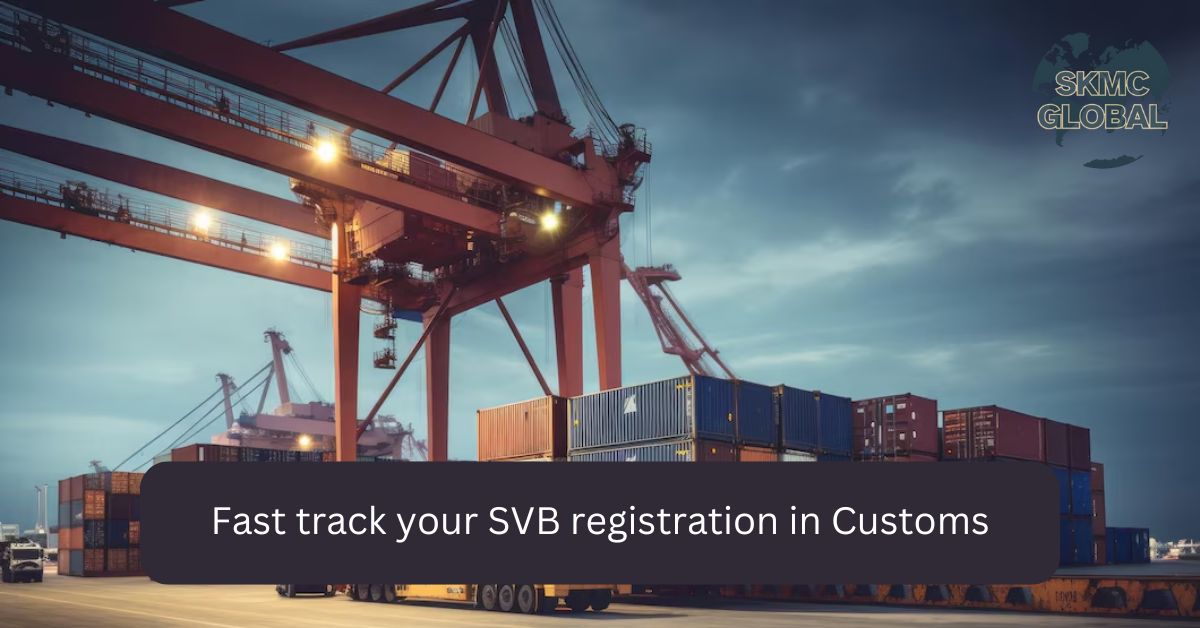 5 ways about how you can fast track your SVB regis...
Jul 21,2021
5 ways about how you can fast track your SVB regis...
Jul 21,2021
-
 AEO Registration in UAE...
Nov 16,2021
AEO Registration in UAE...
Nov 16,2021
